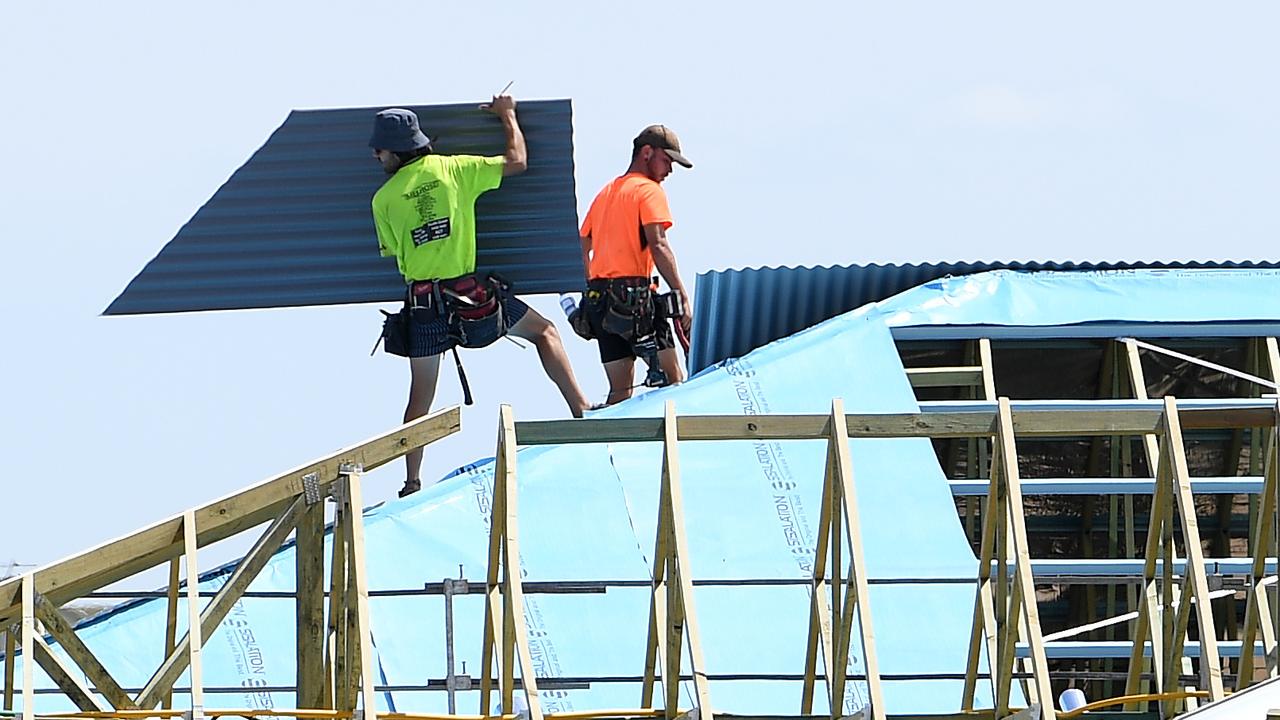Travellers in time all around us
I DON'T want to get all spooky on you but Australia's 4000 centenarians are the nation's very own astronauts of time.

IN the early 1970s NASA identified a condition that afflicted astronauts returning to Earth.
Apparently the experience of viewing the planet from afar was so overwhelming it induced a state of heightened consciousness known as the overview effect.Suddenly astronauts saw not just the beauty of our planet but also the fragility and the completeness of life.
I think the same overview effect would apply to time travellers. All of a sudden being able to review each year of life would lead to a reassessment of what was important.
If you could time travel would you revisit a moment of business success or would you choose some other priority? What year would you relive if given the chance?
But all of this is idle speculation because my theory about an overview effect can never be tested without actually travelling through time. And time travel is simply not possible. Or is it?
I don't want to get all spooky on you, but I think there are time travellers living among us. We just don't see them or listen to them.
I am, of course, referring to Australia's 4000 centenarians: people who have lived for at least 100 years. Here are our very own astronauts of time. One in 1000 Australians who begin life's journey make it to 100 years.
But centenarians pay a high price for their chronological achievements. The process withers their bodies and often their minds. And like marathon runners their final years, even decades, are spent in the quiet isolation of singledom.
What does Planet Middle-Age and its buzzing satellites of Youth and Childhood look like from the altitude of 100? For those centenarians whose memory and faculties remain intact, what do they think about?
Their future is short, their past is long. They must dwell on the events and personalities that shaped their lives. Tell me, inhabitants of Planet Centenarian, what can you see that we cannot or will not see? What is important at the end of life?
Do you remember your first kiss after 86 years? Does your wedding night still occupy mind space? What events or circumstances do you rate as having caused most pain? Was it a failed business venture, a thwarted ambition, or was it a love lost? Is it an incident from childhood that has been carried as a burden all these years? Or is it the loss of a life partner?
From the altitude of 100 what decades stand out? Were your 90s as fulfilling, or as troubling, as your 20s? Do all decades have an equal weight or does their value diminish beyond middle age? When, and in what circumstances, were you happiest throughout life's journey?
Why do we not communicate with our centenarians? I can only presume the answer is because we believe they have nothing of value to say. But consider the breadth and the colour of their lives.
Today's centenarians were born in or before 1911. Some might just recall the pain of Gallipoli or at the very least its agonising aftermath. They raised families during the Great Depression. They were middle-aged before television arrived.
Centenarians are not unlike a colony established on a distant planet: we can see them through telescopes, but we do not engage with them. I am sure their view of us is unique because the length of their journey has given them the overview effect. To them, physical beauty is unimportant, business and wealth are unimportant.
What they will say is important is family, relationships, health and, for many I suspect, a sense of spirituality. Perhaps this is what they can see but what we cannot or will not see.
Edited extract from KPMG Partner Bernard Salt's new book The Big Tilt
twitter.com/bernardsalt; bsalt@kpmg.com.au



